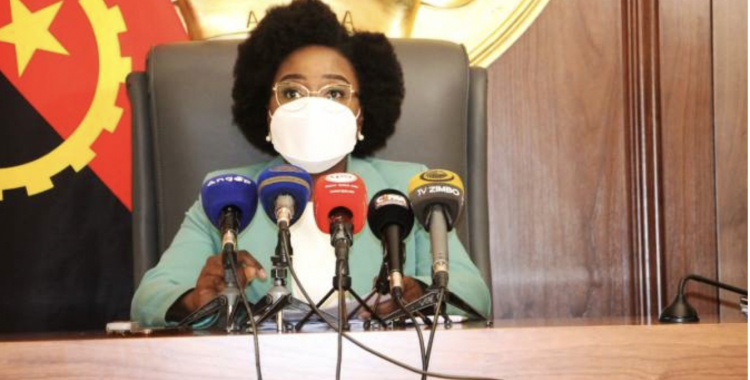According to information provided by the Minister of Finance, Vera Daves, around 16 public financial funds are operating, under the auspices of State administration bodies. However, the objective is, during the next two and a half years, to merge or extinguish some funds with a view to leaving only five in operation, writes Angop.
The measure is based on the Public Funds Restructuring Program, which was approved on Tuesday at the meeting of the Economic Commission of the Council of Ministers. This document intends to optimize the management and public resources allocated to State funds.
At stake are funds such as the Angolan Venture Capital Asset (FACRA), the Credit Guarantee (FGC), the Agrarian Development Support (FADA), the Angola Coffee Development Fund (FDCA), among others.
According to Angop – which cites an article in Expansão – in recent times, the activity is more noticeable in some funds: such as FADA, FACRA and FGC, which impose accountability.
According to the article in the Expansion, the Executive wants to recapitalize the three funds, this year, with 100 billion kwanzas, with a view to increasing financing for the economy.
According to the report on the grounds of the proposal for the State Budget for 2022, cited by Angop, the goal is to strengthen and speed up companies' access to bank resources, with a view to helping micro, small and medium-sized companies through the FGC as well as stimulating entrepreneurs through FACRA and solidifying support for agricultural activity through FADA.
The measure is included in chapter V of the report, where the issue of macroeconomic management for 2022 is addressed, as well as the parameters foreseen to stimulate economic growth.







